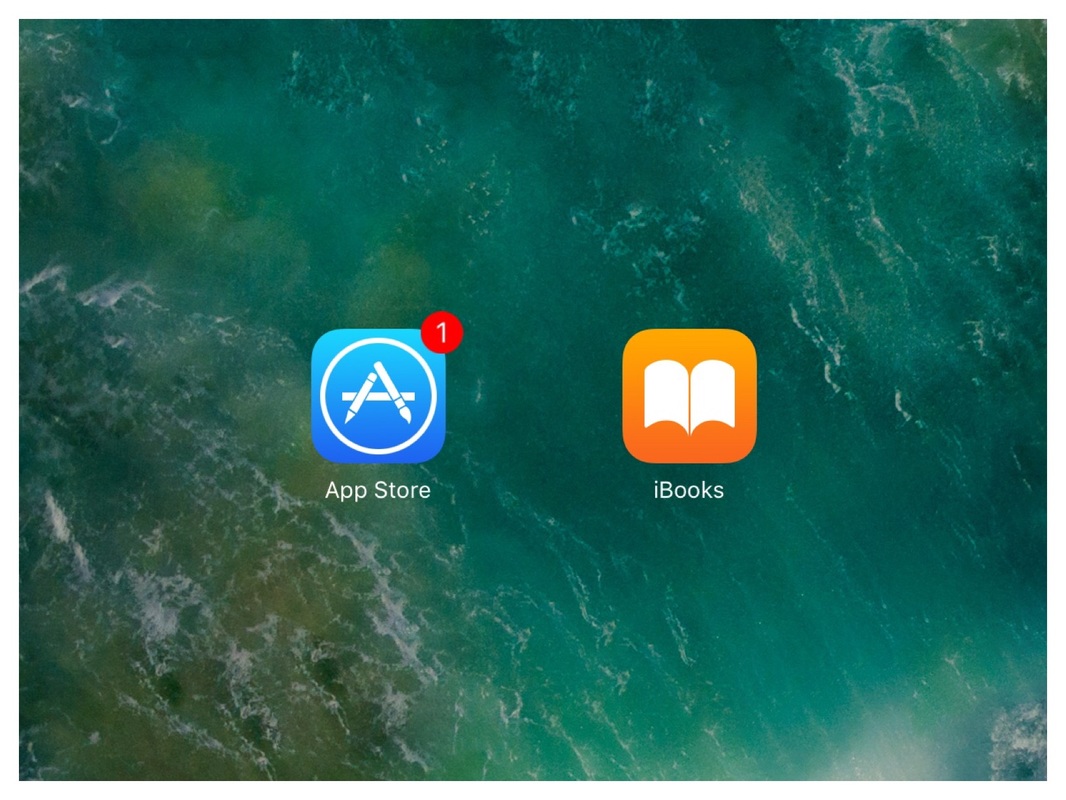The draw of earning a living from doing what you love, whether it’s writing a book or writing a code is similar. It comes from seeing other people achieve spectacular success, from knowing that the opportunity out there is very real and attainable by anyone. But not everyone.
This was great for the customer. The “winner” wasn’t necessarily so thrilled for what he may have just signed up for. Shipping products at a loss to protect market share and keep the factories humming along. It wasn’t until companies like Gateway and eMachines shut down extraneous factories pumping out PCs into a saturated market that others like Dell and HP finally stabilized their income statements.
Software is not yet to the point where people are dropping out in large numbers. Don’t believe anyone who says that iOS developers have become disenchanted on a large scale. The current state of affairs doesn’t support that theory. How would I know that? App Store prices. The App Store continues to be flooded with new apps that cost nothing or close to to nothing. These developers see so much opportunity that they’re literally willing to work for almost free to become the next success story. That’s the power of opportunity.
But can all this App Store developer competition be sustained in the long run?
Thinking about the similarities between writing books and code leads me to ponder the state of software pricing. I’m no developer, but I have a long history of analyzing product pricing and I’ve watched other industries deal with oversupply. Here’s what keeps coming back to me. Software should cost more than books.
Comparing the average book project to the average software development project is like comparing a car to a motorcycle. When you start adding up the various costs to produce and support your product I always come to the conclusion that software must be more expensive than books. Yet, if you look at the pricing in iBooks compared to pricing in the App Store, you’d think that the opposite must be true. Book pricing seems to average more than double what the average app costs, and there is probably zero support afterward.
In the publishing world, the big publishers kept a pricing discipline that prevented a wholesale drive to $0. Sure most books will probably fail, but you have to maintain price discipline to make it back on the books that are a hit. If you price everything at $.99 then you effectively strangle the few hits as well. But the apps store is full of apps with doting creators who don’t care about price discipline and will do anything to get noticed.
Were it not for the emergence of new classes of software like “freemium” or ad-supported applications, I'd say that software prices would necessarily go up eventually. The normal business cycle would lead to a large number of developers giving up at some point which would allow the remaining parties more pricing power. We are not there yet. Now with so much downward pressure from these new pricing tools, who knows if we ever will? Ad-supported and freemium applications are either prolonging or short-circuiting the normal cycle.
I don’t think that subscriptions will be much of a factor because the target market is too small. Subscription pricing make perfect sense for software that costs hundreds of dollars or requires a great deal of ongoing support by the developer. I’m sure a lot of developers will try to go the subscription route, but after they start losing customers in droves, they’ll retreat quickly.
I see a lot of similarities between writing books and writing code. There will always be a lot more aspiring writers than there are successful authors. Perhaps the economics of the software industry may start to resemble publishing as well. Eventually, entities like publishing houses with the financial power to launch multiple apps can exert enough pressure to raise prices. They’ll lose money on seven or eight out of ten projects but make it back on the two or three hits.
But as painful as this is for the app developers, it’s great for us consumers. We are living in the golden age of mobile software. Selection has never been better and prices have never been lower. Hopefully, like getting a free sample at the grocery store, this will lead to greater sales in the future for developers.



 RSS Feed
RSS Feed